Keeping Things Left Unsaid
Simo
Aziz Zoromba’s Simo offers insights into the dynamics of a culturally diverse family, but leaves out the most meaningful conversations.
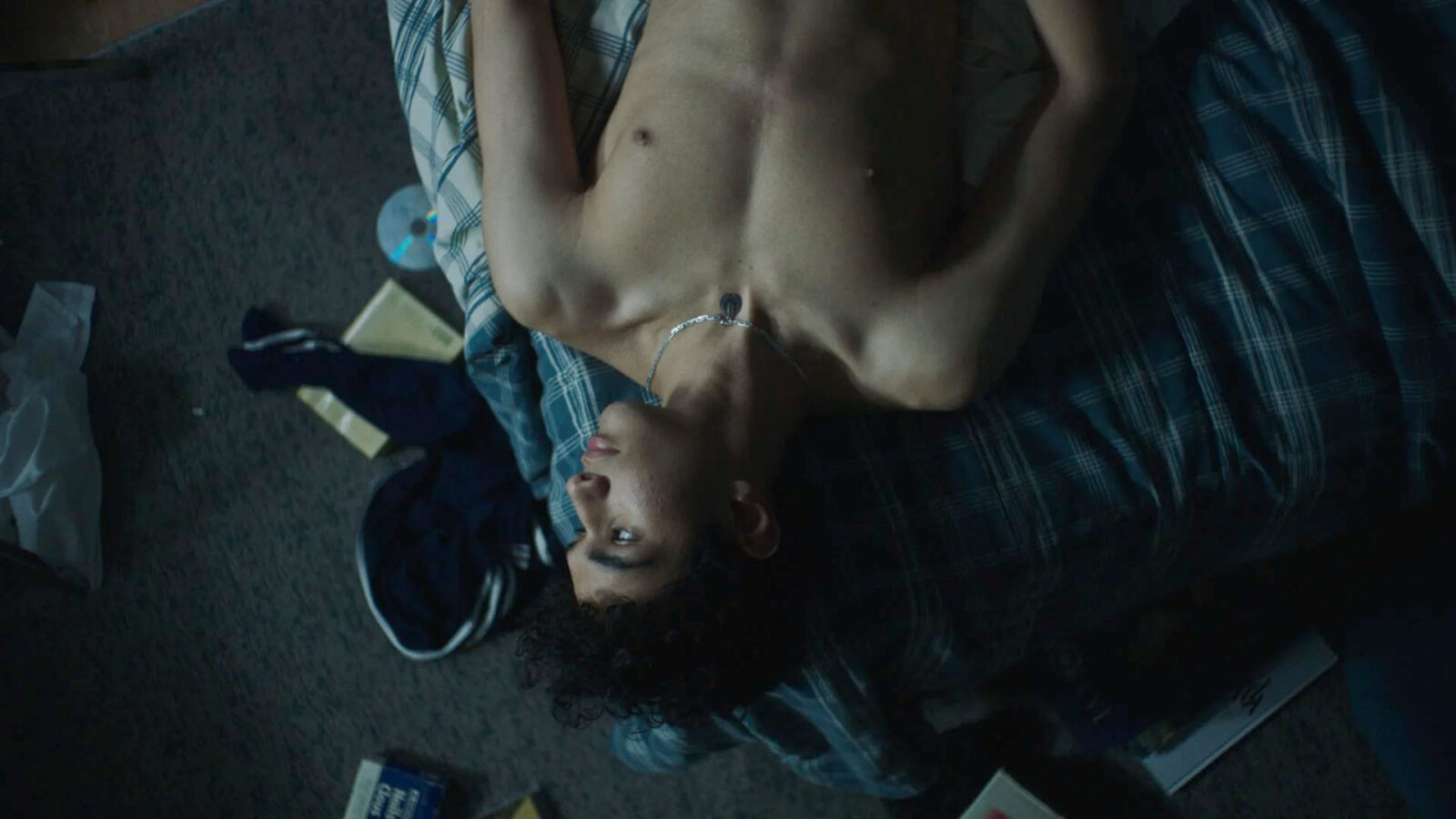
Aziz Zoromba’s Simo tells an almost classic tale of sibling rivalry. The outgoing, sportive older brother Emad and the introverted Simo couldn’t be more different: while Emad plays football with his friends, Simo prefers to daydream. At home, Emad lifts heavy weights; his brother draws. They don’t even share a taste in music. It’s obvious they struggle to find a common language, but there is one thing that brings them together: live-streaming shooter games on the same desktop computer.
One evening, while Emad is in the middle of a game, their father calls him to do the dishes. Naturally, Simo takes over (furtively), and surprises himself with a killing streak, attracting quite the viewership. In the thick of the moment, someone in the chat asks about the disassembled speakers in the background; Simo jokingly replies: “It’s a bomb.” Unsuspecting of the consequences, he closes the stream just as his brother comes back. While they argue, all of a sudden, real life becomes a computer game: a helicopter is seen hovering above the house while SWAT members surround it and ultimately break in. Emad gets arrested. Someone in the chat had “swatted” him, by calling the police.
Though this action-packed sequence is mainly told through invasive sound design and looming shadows, the devastation it leaves behind is enormous—at least so for Simo and his father. For the audience, however, the scene feels relatively weak compared to the film’s stronger, more realistic opening. It’s fairly clear this subdued visual language and disorientating use of editing are there to hide the fact that there were no actual SWAT team members on set; even this formal inventiveness can result in an unconvincing sequence. However, Zoromba directs Simo with flair and precision, mixing a high-paced tempo with more contemplative scenes. The changes in visual style somehow represent both brothers: Emad’s world is agile and unsteady, while the camera remains still and for longer when we’re with Simo.
It seems that concealment is part and parcel of the film’s fabric. In a scene when Emad chases Simo upstairs, bereft, Zoromba cuts to an exterior shot. At a distance, we see but cannot hear what happens, as the father tries to dissolve the fight with them running around; this arrangement cleverly captures the family dynamics. Excluding the audience from the conflict is a trick Zoromba uses over and over: whenever a problem occurs, he cuts to the next scene as if we’re not allowed to listen. Such a device is also instrumental for the film’s plot, when conflict is installed, but there’s no resolution.
Towards the film’s end, the father sits Simo down to tell him a heartbreaking story involving his own brother and father as an analogy to point out the importance of communication. At the point where he asks how the arrest could happen, the film cuts to another scene. They are picking a wordless Emad up from custody. The father proposes that Emad could drive in a restorative gesture (a request that was adamantly refused until now). They get out to switch sides and stop in front of the car to talk. Once again, we stay inside, with Simo, unable to hear a word. We see them hug, and the mood has shifted when they re-enter the car. In a similar peace offering, Simo is now allowed the cord to connect to the car’s speakers for the first time. We can only guess what the father said to bring about this kind of change in Emad’s behaviour. But whatever it was, it had the power to connect the two brothers again, even if just for a moment. For Zoromba, the exact words don’t matter, as long as there’s more compassion between them. But I wonder, is that enough? In real life, most conflicts aren’t simply resolved with small gestures.
The very last scene sees the three of them head-nodding in unison to Simo’s choice of music, which feels ridiculous. Such a traumatic experience as being arrested out of the blue cannot simply heal like that. Where are the words of apology, explanation, or regret? There’s more to confronting these disputes and mistakes; it requires reflection and bravery to admit one’s shortcomings. We’re often not taught how to do this kind of work, especially not the boys and men in our patriarchal society. Unsurprisingly, those two boys are not finding the words to communicate their feelings, though they are clearly trying. Even though the father is teaching them to speak out, we don’t get to understand the tools he uses. By that concealment, the film reproduces people’s incapability to communicate, when it could have broken the pattern instead.
Whether we do it consciously or not, we take information and meaning from watching films. Especially as young people, we find ourselves responsive to the behaviour and language used to represent society, we look for role models to look up to in conquering a world that is largely overwhelming and confusing. While the common assumption is that art imitates life, some claim it’s actually the other way around. In his 1889 essay, “The Decay of Lying”, Oscar Wilde explains that life imitating art “results not merely from life’s imitative instinct, but from the fact that the self-conscious aim of life is to find expression, and that art offers certain beautiful forms through which it may release that energy.” We can also observe this through beauty standards and fashion trends spread through media; how we wish to be seen (or portrayed), is hugely influenced by the art we consume. The same goes for communication patterns. All of this should be kept in mind when making a film.
Simo offers an insight into a culturally diverse family and their dynamics, but leaves out the most meaningful conversations. I would love to see some films where people actually find ways of working through difficulties by talking to each other in attempts to transcend their own limits, for a change. If life imitates art, let art be a bold example of where we want to be headed.
This text was developed during the European Workshop for Film Criticism #1—a tandem workshop set during Filmfest Dresden and Vienna Shorts—and edited by tutor Ricardo Brunn.
The European Workshop for Film Criticism is a collaboration of the European Network for Film Discourse (The END) and Talking Shorts, with the support of the Creative Europe MEDIA programme.

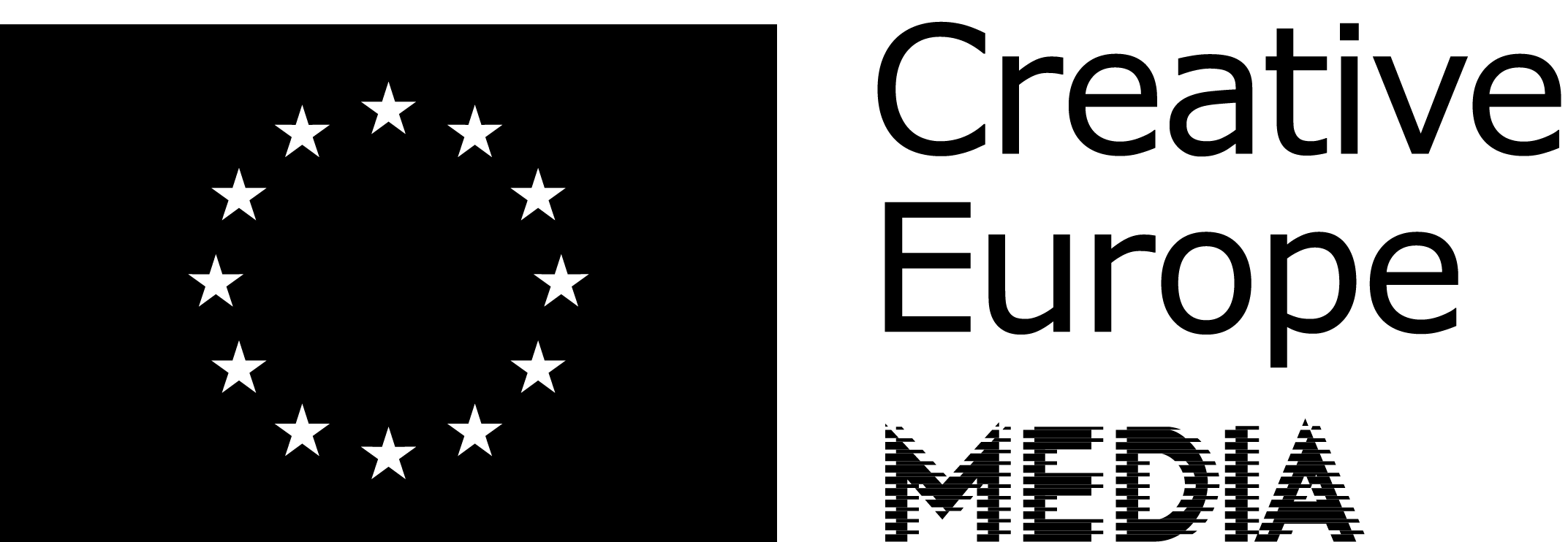
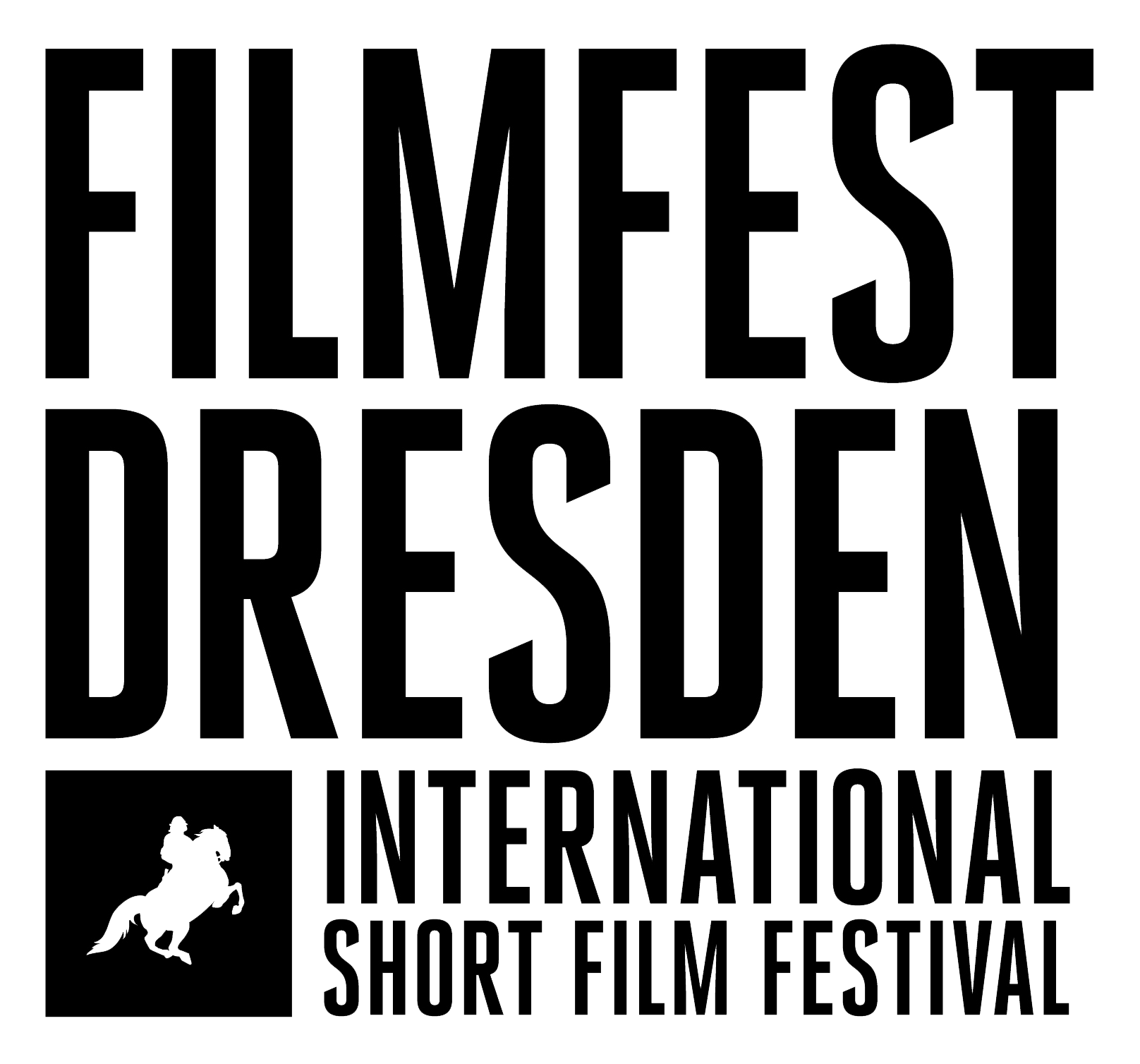
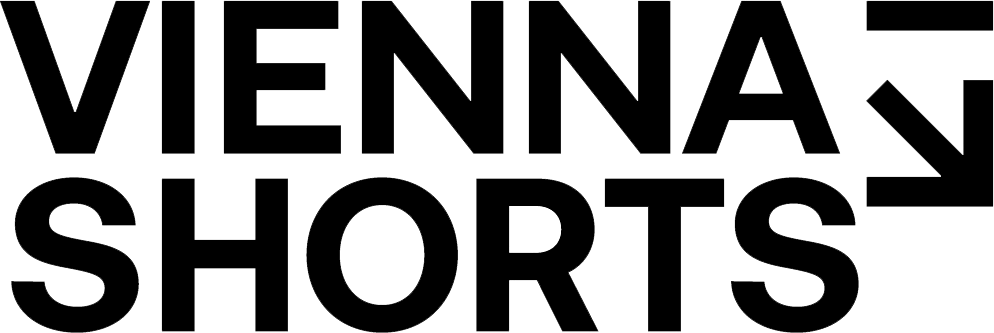
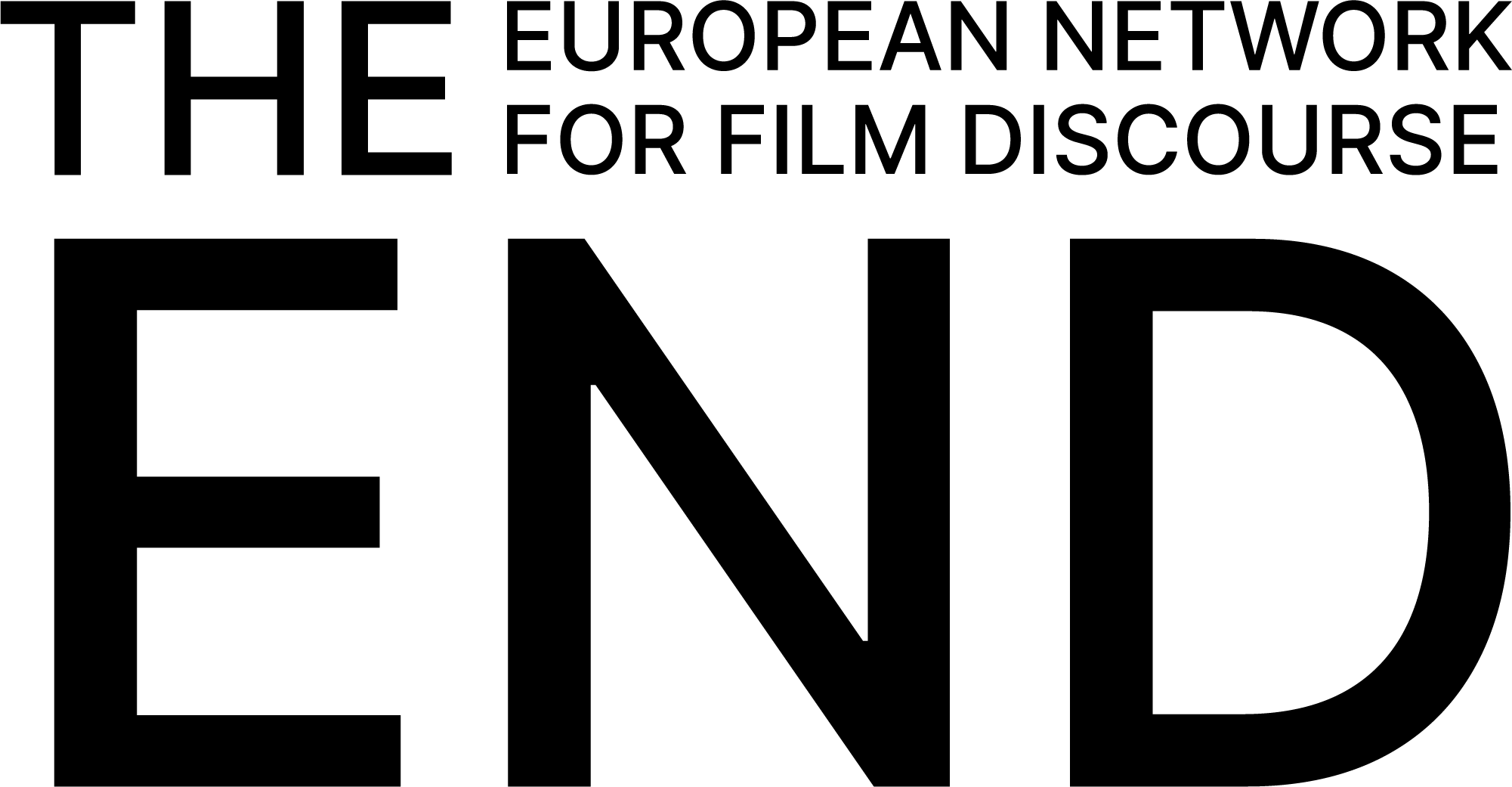
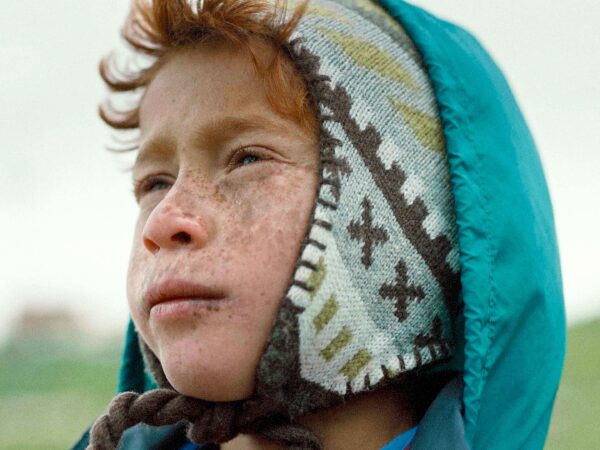
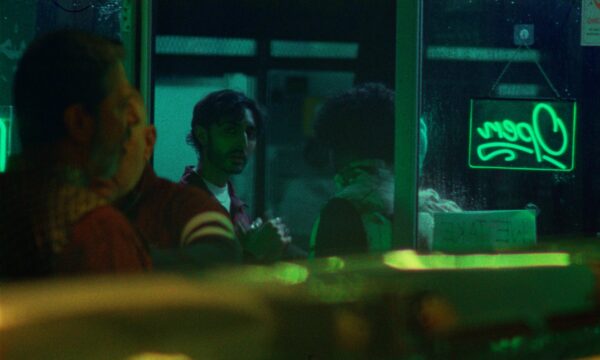
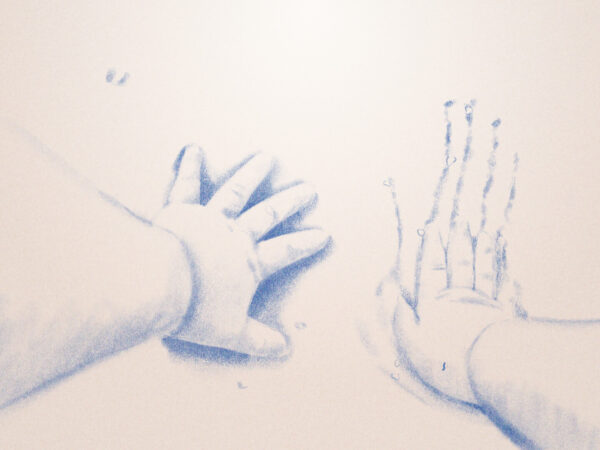

There are no comments yet, be the first!